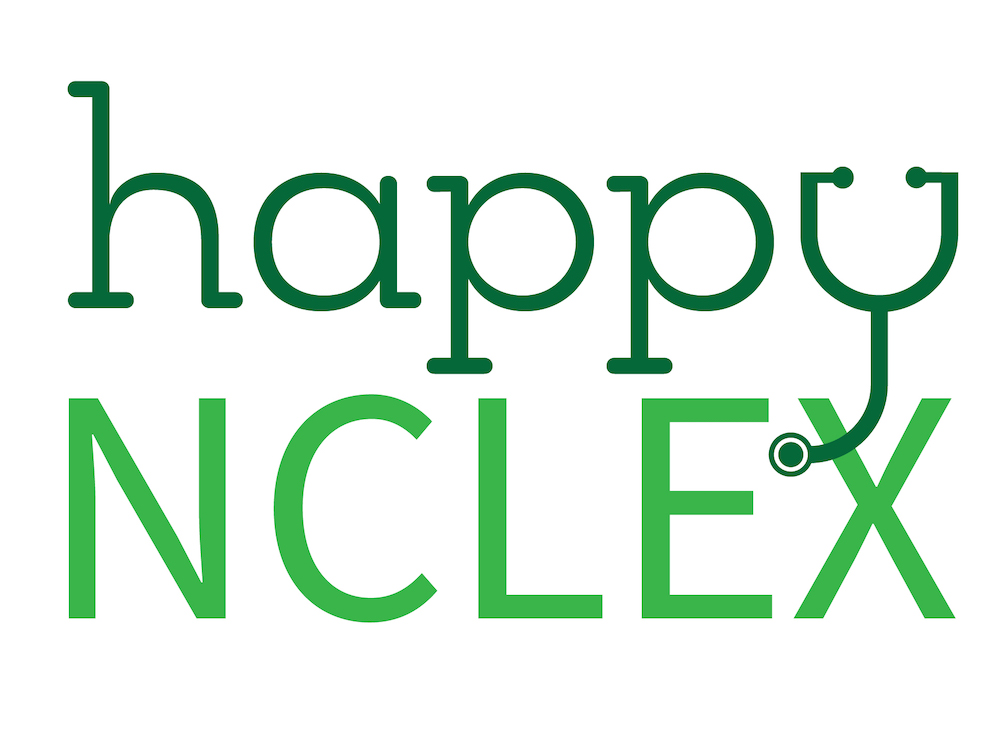How does this work?
JOAN: Ideally, you have time to practice 2-3 hours a day, 4-5 times a week. If you work full time and have family responsibilities, I will help you set up a managable schedule. Most repeat testers need about 12 weeks of practice.
Training is delivered live through webinars and is available on-demand so you have a session any time to fit your schedule. We meet privately for evaluations at a time that works for you.
Need more information? Contact me by email: joan@happynclex.com or schedule a call.
JOAN: My coaching fee is no more than what most RNs earn their first day on the job- for the entire training from start to finish (within 16 weeks.) You will use the skills you learn now for certification exams. Make the investment in your future.
Coaching fee is $425 from start to finish, within 16 weeks. (Uncommon to need more than 16 weeks of training and too much time create procrastination. Most testers need between 8 and 12 weeks depending on their availability and specific needs.) Payment is made on the day you’re ready to start.
JOAN: It’s best to have an ATT before getting started UNLESS you have recently tested and are waiting for 45 days to restest. In that case, start with your candidate performance report.
JOAN: Yes! Training is designed for busy, working adults. Those who work full-time days train four evenings a week. Those who work 3/12-hr shifts train on their four days off. We work out your schedule together.
JOAN: Schedule a consultation call to discuss your needs and understand exactly how personal coaching works.
Book time on my CALENDAR HERE or text me if you need an alternate time; 727 967-1891. You can email me at: joan@happynclex.com
JOAN: Testers repeat when NCLEX is approached as if it’s an academic exam like in nursing school. NCLEX isn’t testing what was memorized. NCLEX tests the ability to use problem-solving skills to make clinical judgments. You simply need to learn to read questions effectively. No need for study guides or flashcards or other short-term memory strategies. I teach repeat testers how to approach NCLEX with the NCSBN Clinical Judgment Measurement Model. This is very easy to learn and essential for an above-passing exam performance.
JOAN: Practice consistently on free days and add extra weeks if needed. Training is designed for busy, working adults. Most nurses I work with have full-time jobs and family responsibilities. We”ll wort the best schedule for you together so you can practice consistently. This is low-stress coaching!
JOAN: I’m flexible with end dates within reason. The goal is to practice consistently, improve weekly and test strong. Too much time causes procrastination. We evaluate along the way and if considerably more time is needed, we deeply discount extensions.
Problem-Solving and Critical-Thinking Skills
The nursing career ladder requires testing up. All professional nursing exams require the ability to use problem-solving skills to make clinical judgments. NCLEX is not testing what was memorized in nursing school. NCLEX is testing if you have the skills and abilities to do the job.
happyNCLEX training addresses this preparation-to-practice gap. No more cramming, no more flashcards, no more confusion.
Critical-thinking and problem-solving skills are taught by a coach’s demonstration, guided practice, and evaluation, the way you would learn any new skill.
You will learn to process information and make clinical decisions the way you will on the job. As problem-solving skills improve, test anxiety is reduced.
